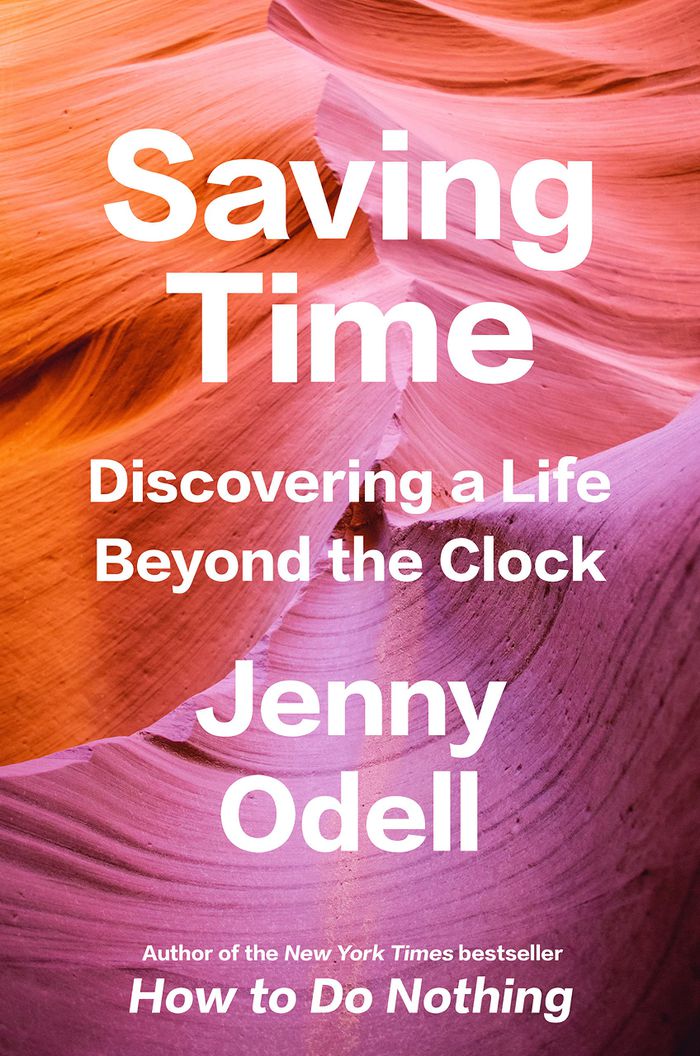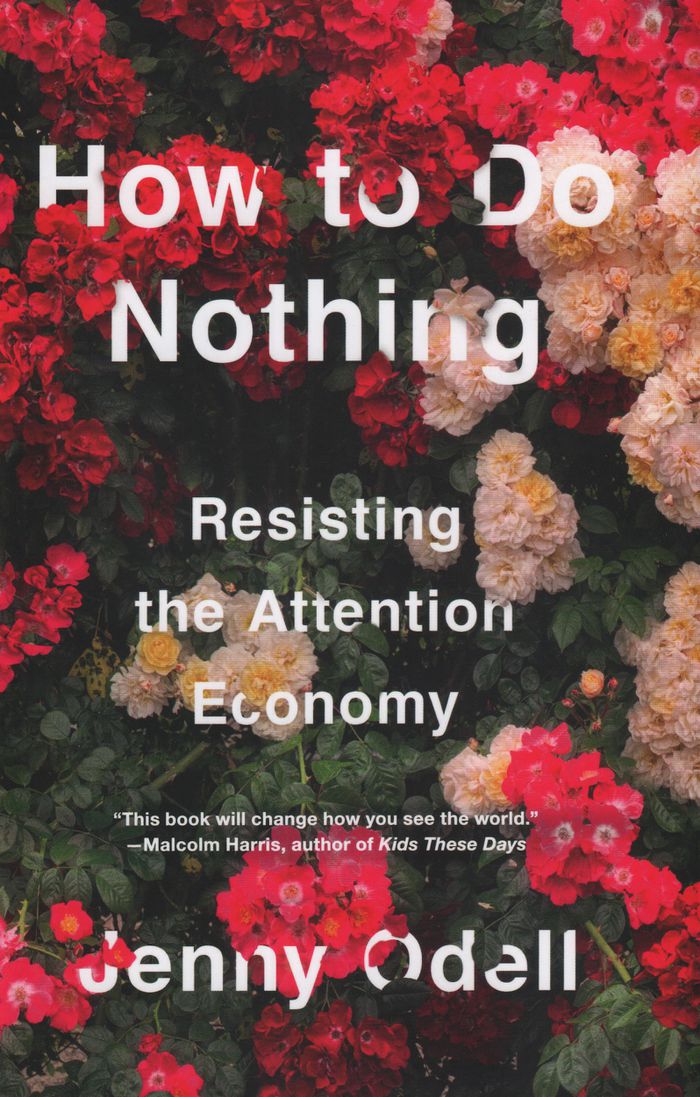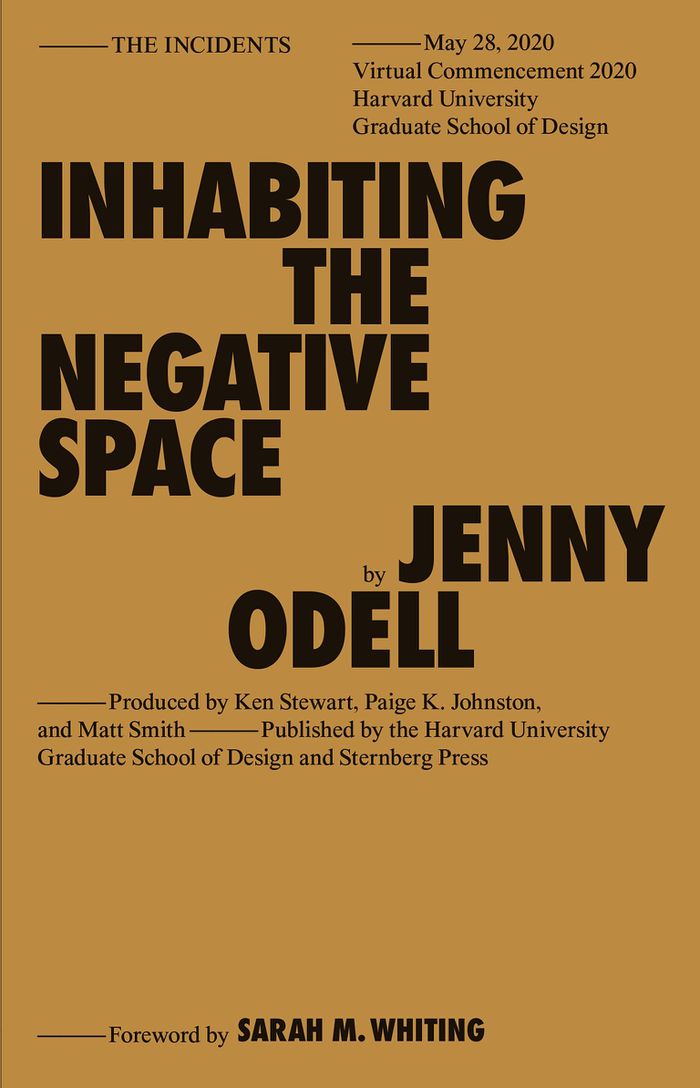$38.99
(available to order)
Summary:
In her first book, ''How to do nothing,'' Jenny Odell wrote about the importance of disconnecting from the ''attention economy'' to spend time in quiet contemplation. But what if you don’t have time to spend? In order to answer this seemingly simple question, Odell took a deep dive into the fundamental structure of our society and found that the clock we live by was(...)
Saving time: discovering a life beyond the clock
Actions:
Price:
$38.99
(available to order)
Summary:
In her first book, ''How to do nothing,'' Jenny Odell wrote about the importance of disconnecting from the ''attention economy'' to spend time in quiet contemplation. But what if you don’t have time to spend? In order to answer this seemingly simple question, Odell took a deep dive into the fundamental structure of our society and found that the clock we live by was built for profit, not people. This is why our lives, even in leisure, have come to seem like a series of moments to be bought, sold, and processed ever more efficiently. Odell shows us how our painful relationship to time is inextricably connected not only to persisting social inequities but to the climate crisis, existential dread, and a lethal fatalism. This book offers us different ways to experience time—inspired by pre-industrial cultures, ecological cues, and geological timescales—that can bring within reach a more humane, responsive way of living.
Social
$34.99
(available to order)
Summary:
Nothing is harder to do these days than nothing. But in a world where our value is determined by our 24/7 data productivity, doing nothing may be our most important form of resistance. So argues artist and critic Jenny Odell in this field guide to doing nothing (at least as capitalism defines it). Odell sees our attention as the most precious—and overdrawn—resource we(...)
How to do nothing: resisting the attention economy
Actions:
Price:
$34.99
(available to order)
Summary:
Nothing is harder to do these days than nothing. But in a world where our value is determined by our 24/7 data productivity, doing nothing may be our most important form of resistance. So argues artist and critic Jenny Odell in this field guide to doing nothing (at least as capitalism defines it). Odell sees our attention as the most precious—and overdrawn—resource we have. Once we can start paying a new kind of attention, she writes, we can undertake bolder forms of political action, reimagine humankind’s role in the environment, and arrive at more meaningful understandings of happiness and progress. Far from the simple anti-technology screed, or the back-to-nature meditation we read so often, ''How to do nothing'' is an action plan for thinking outside of capitalist narratives of efficiency and techno-determinism.
Critical Theory
$24.00
(available to order)
Summary:
Artist and writer Jenny Odell hadn’t originally planned to deliver the Harvard University Graduate School of Design’s 2020 Class Day Address from her living room. But on May 25, 2020, there was Jenny, framed by a rose garden in her Zoom background, speaking to an audience she could not see about the role of design in a suspended moment marked by uncertainty in a global(...)
Inhabiting the negative space
Actions:
Price:
$24.00
(available to order)
Summary:
Artist and writer Jenny Odell hadn’t originally planned to deliver the Harvard University Graduate School of Design’s 2020 Class Day Address from her living room. But on May 25, 2020, there was Jenny, framed by a rose garden in her Zoom background, speaking to an audience she could not see about the role of design in a suspended moment marked by uncertainty in a global pandemic. Odell’s message, itself a timely reflection on observation, embraces the standstill and its potential to deepen and expand our individual and collective attention and sensitivity to time, place, and presence–in turn, perhaps, enabling us all, amid our "new" virtual contexts, to better connect with our natural and cultural environments. Odell unspools this hopeful meditation in "Inhabiting the Negative Space," where periods of inactivity become reimagined not as wasted time but fertile spaces for a kind of design predicated less on relentless production and more on permitting a deeper, more careful look at what exactly is demanding or tapping our time and attention, and how we might use this strange moment in history to respond.
Social


